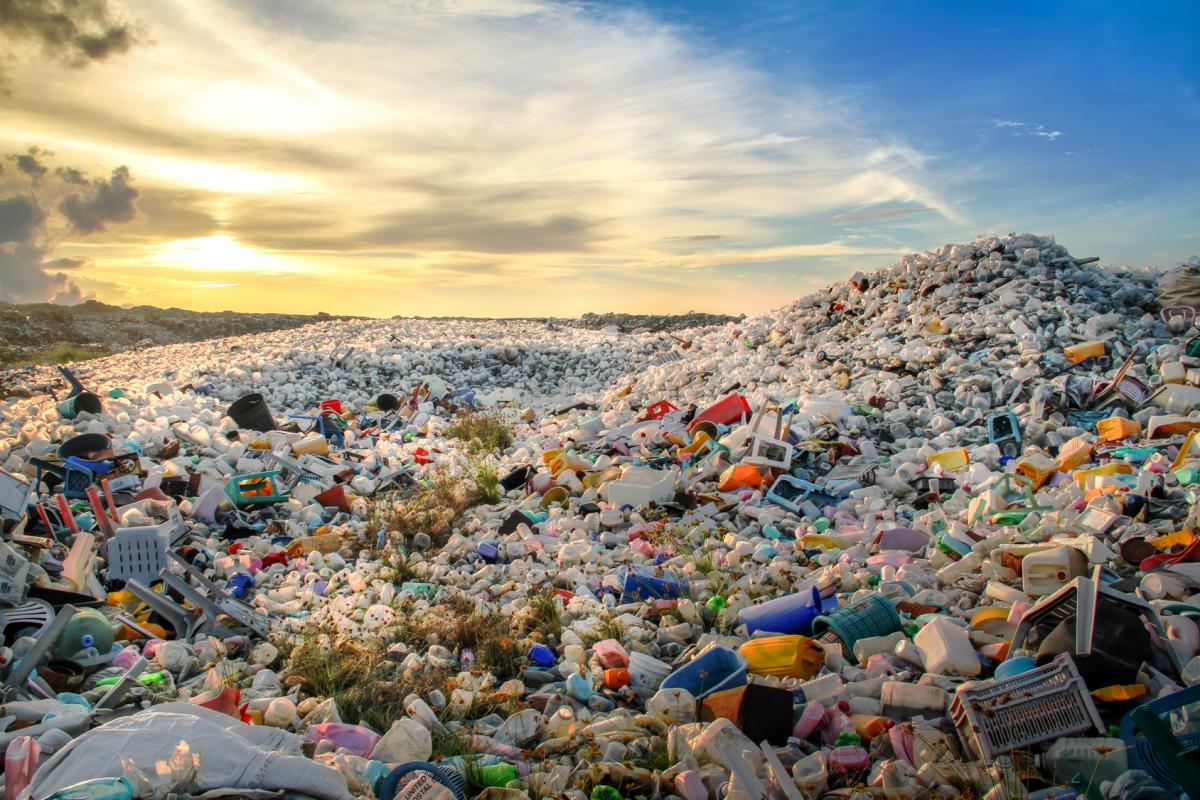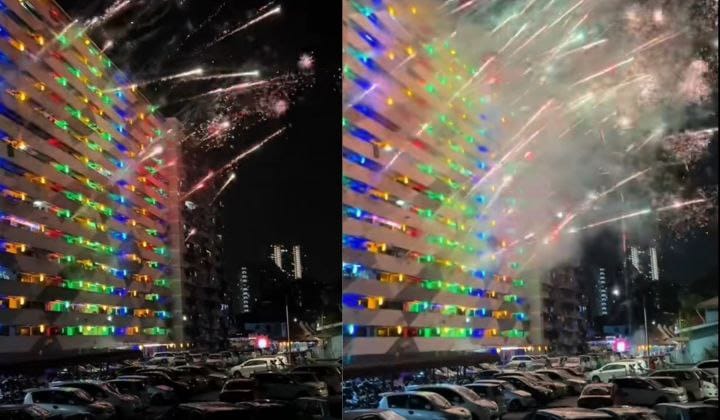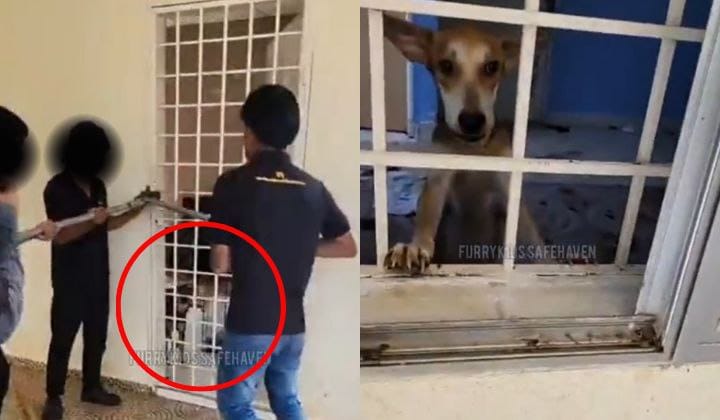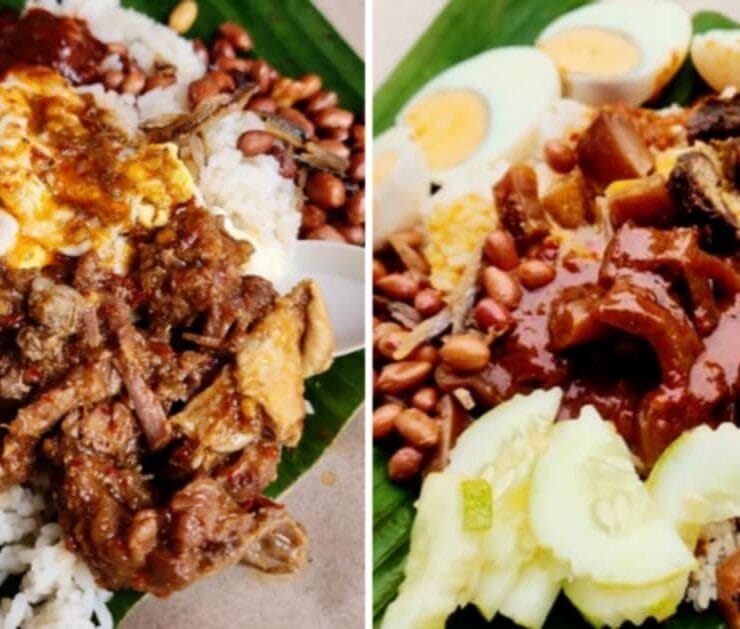Malaysia’s Appetite For “Bungkus” Meals Is Killing Our Planet, So Here’s What We Should Do
Changing how we reduce, reuse and recycle.
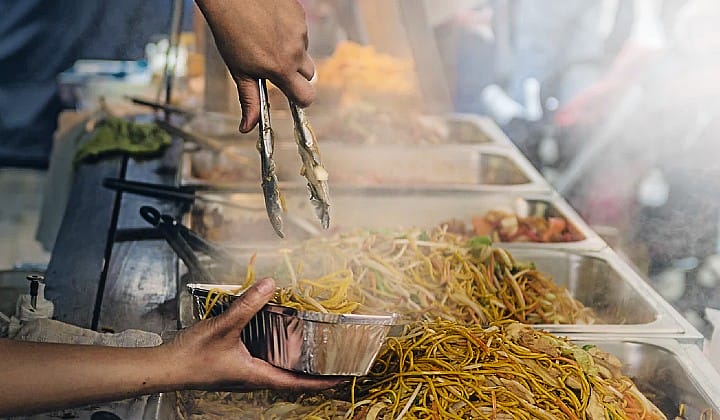
Subscribe to our Telegram channel for the latest stories and updates.
Malaysia’s appetite for take-away meals is partly responsible for the planet’s plastic pollution.
Read more: Meet The Pakcik From Terengganu Who’s Cleaning Up Our Beaches With His Love For Glass Bottles
According to a report by WWF Malaysia, as of 2016, each Malaysian produces 34kgs of plastic waste annually, and 22kg of that are from thrown away plastic packaging.
The report states that our affinity for “bungkus” or “tapau” foods, which by design are usually packaged, transported, and oftentimes meant to also be eaten with plastic cutlery, leaves a huge impact on the environment.
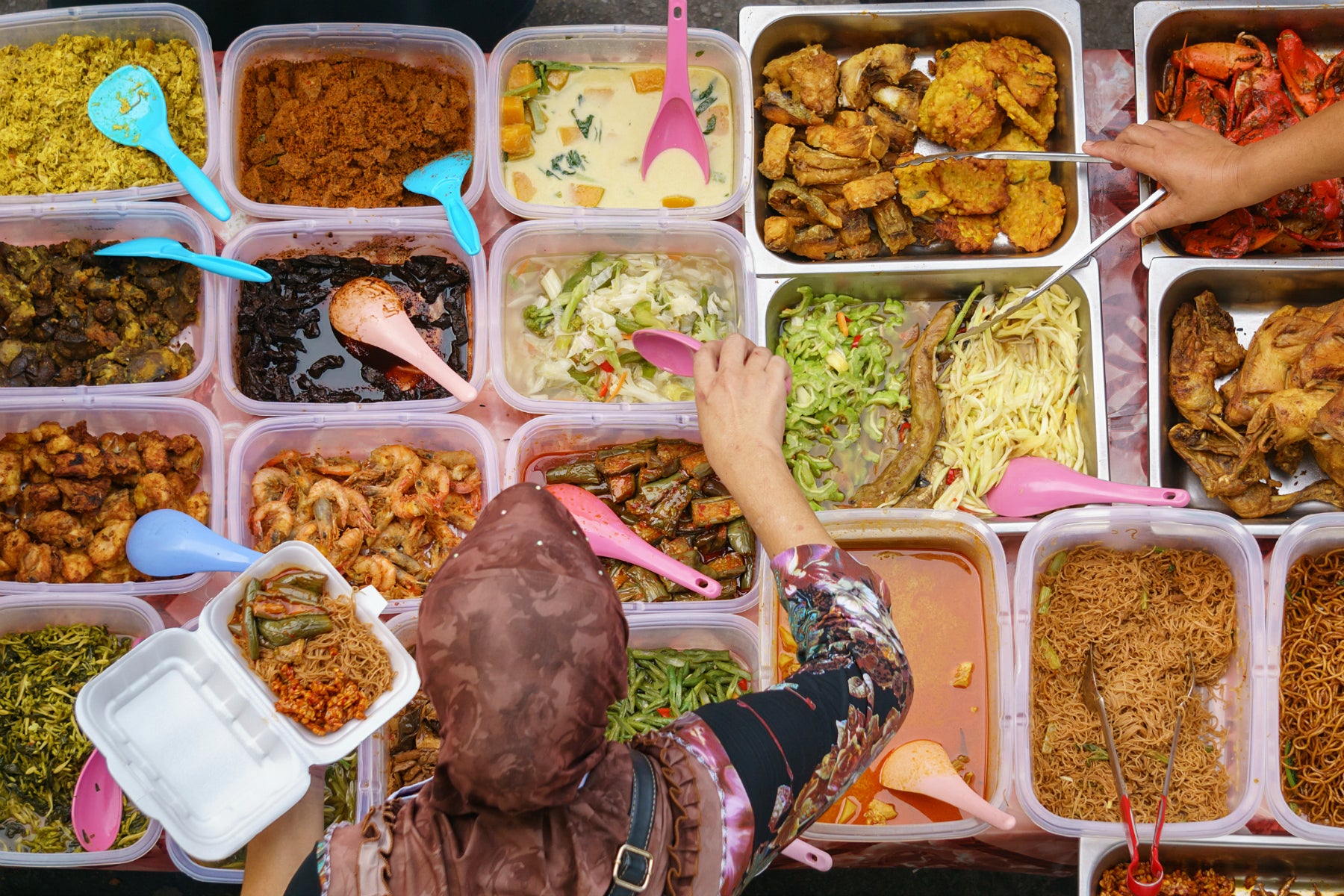
It’s noted that our dependence on plastic packaging makes Malaysia one of the highest consumers of plastics in Southeast Asia.
WWF says that plastic makes up the second-largest share of the waste we generate here in Malaysia, wherein 2018, we had dumped over 38,000 tonnes of garbage, per day.
WWF’s report also revealed that our country is seriously lacking in our recycling efforts.
Based on data from 2015, Malaysia’s recycling rate was barely 17.5%, far from our National Strategic Plan for Solid Waste Management vision for a “Zero Waste” country by 2020.
Read more: Plastic Mountain found in Perak jungle
According to WWF, although Malaysia’s recycling industry is considered to be one of the most developed in ASEAN and are able to handle and process the country’s plastic waste, failures and inadequacies in our waste management system usually result in recyclable materials ending up in landfills instead of recycling centers, causing such facilities to import recyclable materials from overseas to be processed here instead.

Change the system
In order to resolve Malaysia’s waste problems, WWF suggests we adopt a more holistic approach in our endeavors to reduce, reuse, and recycle with the Extended Producer Responsibility (EPR) and Producer Responsibility Organisation (PRO) strategies.
The basic idea behind EPR and PRO is to make producers take more responsibility for the management of waste, where policies and systems are set in place to ensure that a product can be properly disposed of.
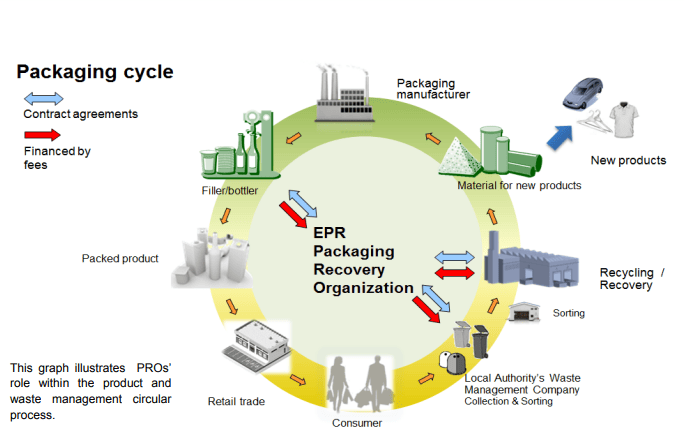
(Expora)
This works by essentially shifting the burden of responsibility of waste disposal from just the public and the government, to the producers and stakeholders of a particular product.
This can be done through varying means such as introducing biodegradable and eco-friendlier designs to a product or establishing means in which consumers can have easier more direct access to recycling.
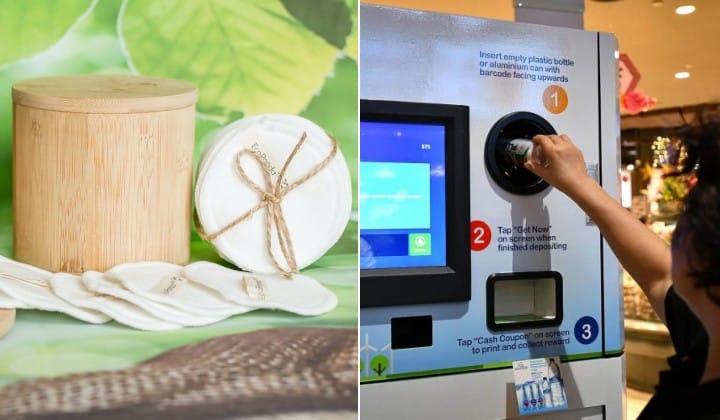
(Unsplash/EcoPanda/The Straits Times)
Read more: Banana Leaf Is The Solution To Malaysia’s Plastic Problems
According to WWF Malaysia’s Lead for the Sustainable Markets Programme, Dr. Adrian Choo, such a scheme must be tailored to work with and improve upon the country’s existing waste management and recycling systems.
Currently, the country’s waste collection and sorting of recyclable materials are mostly done by the government or informal private entities.
Dr. Choo says by having a network where the government, private sector, and the public can effectively collect and redistribute recyclable wastes where it needs to go would prove to provide a big impact on Malaysia’s waste mismanagement.
Read more: Recycling plastic can boost the Malaysian economy
Just think of all the good we can do together to clean up our country and our world.
Share your thoughts with us on TRP’s Facebook, Twitter, and Instagram.
Typing out trending topics and walking the fine line between deep and dumb.




